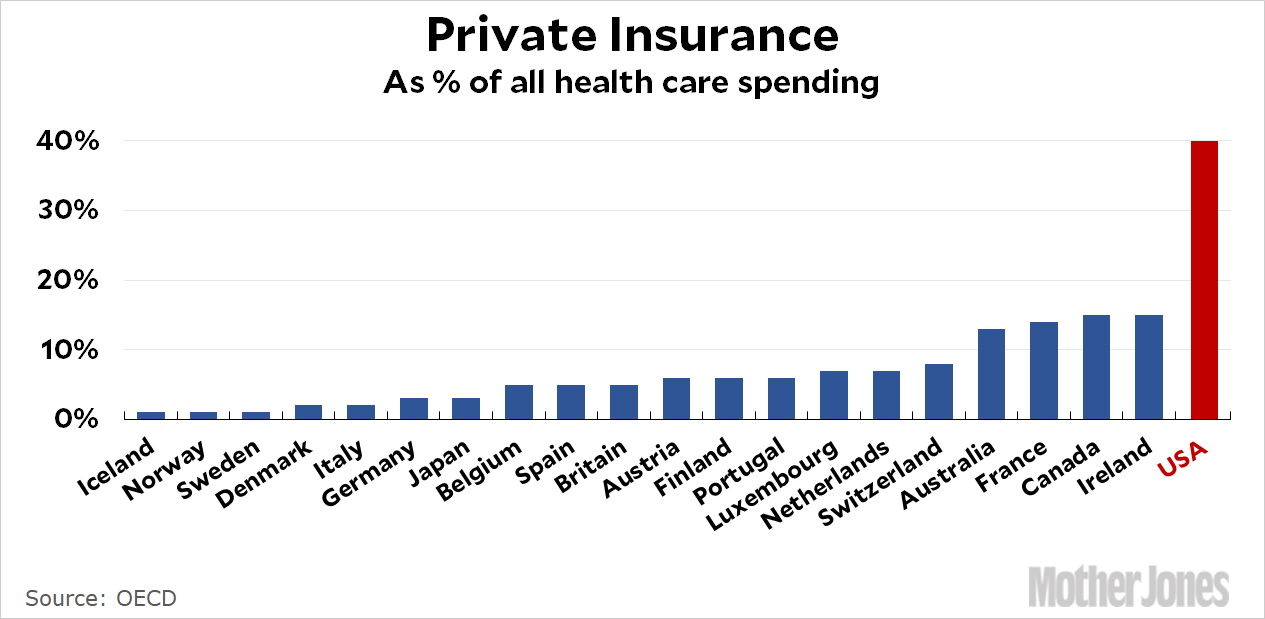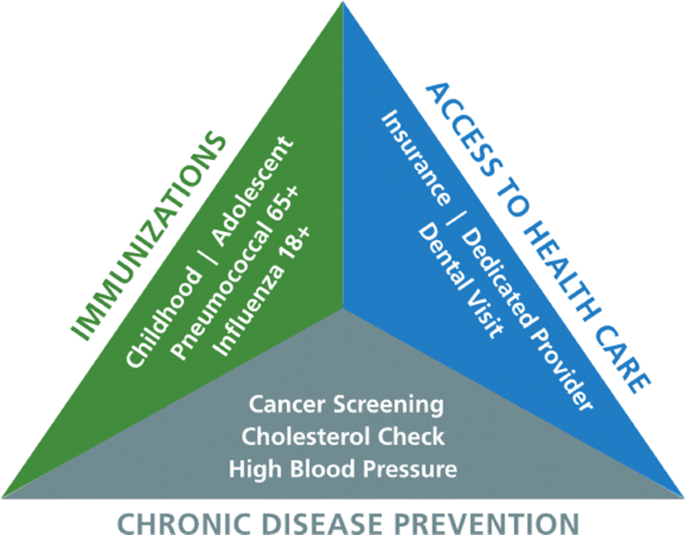If you're fighting with day-to-day tasks or recovering from an illness, injury or surgery, ask your healthcare supplier if house health or home care is an alternative for you. To read more, call a care center near you.
House healthcare frequently referred to merely as "home health" is competent care delivered directly to a client's home. This kind of care is provided by certified physician including nurses, therapists, and aides for the purpose of treating or managing an,, or. Home health care services can be provided to the client's residence (which may be a personal home or adult foster home), an assisted living or long-term nursing center, or a memory or residential care center.
No, (i. e. house health) is substantially various than. While the two services sound comparable (both occur at a patient's house or home), home health is administered by licensed physician. Even more, the type of care incorporated by home health care covers a myriad of conditions and illness, consisting of physical treatment, post-operative care, and treatment of Alzheimer's, dementia, and chronic health conditions.
g. walking canes, walkers, crutches, or wheelchairs). In a lot of cases, clients are still considered homebound even if they leave the home as required for medical treatments that can not be supplied at home. Short and occasional non-medical absences might also be enabled, such as going to church, the charm store, or special household occasions.
By providing care directly to the client, costly healthcare facility bills can be avoided. Relative are motivated to be active individuals in the planning process to assist set and satisfy goals, working with house healthcare experts for the advantage of the patient. Fringe benefits of house health care for elders consist of: Faster recuperation and healing from health problem or injury Better self-reliance (in time) Maintaining or enhancing of existing condition or level of function Regaining of self-sufficiency in the home Slowing of the decline of serious conditions Much better symptom management Care is provided straight to the patient's house (either a home or center) Medical services are offered by experienced professionals Home health care staff follow the physician-prescribed plan Clients gain back self-reliance and self-sufficiency in the house Care is typically less expensive than hospitalization or a long-lasting assisted living home Home care services like cooking and cleansing may not be included Patients must satisfy the "homebound" requirements to receive Medicare May not be sufficient for clients who require 24-hour monitoring Can be expensive if not covered by insurance coverage or Medicare Number of home health care suppliers might be limited depending upon area The primary step toward receiving house healthcare is to get a physician's orders and deal with a house health care Hop over to this website business to develop a detailed care strategy.

Relative and other caregivers are encouraged to get involved in this preparation process to make sure constant and thorough care. When services start, home health care staff will implement the strategy following all doctor orders and keep the doctor updated about the patient's development. The frequency and type of home health visits will differ depending upon the patient's requirements.
Avedis Donabedian Defined Health Care Quality As Having Which Of The Following Components? Things To Know Before You Buy
All services are tailored to the client's requirements. House healthcare is created to assist the patient rest, recover, and receive treatment in the http://johnnypsth737.tearosediner.net/how-do-health-care-tax-credits-work-questions convenience of their own house or home. Solutions provided by house healthcare are provided with the objective of helping the patient regain self-reliance to become as self-sufficient as possible while likewise handling their disease or condition.
House health care professionals keep a log for each visit and offer updates on the patient's condition to the medical professional as needed. This helps to guarantee continuity of care. Home healthcare consists of medically needed, knowledgeable services prescribed by a physician for the treatment of a health problem, injury, or medical condition.
Examples include examining vital signs, examining pain, keeping an eye on food intake, handling medications, aiding with basic hygiene, and guaranteeing safety in the home. Home health care only offers clinically needed services proficient services prescribed or recommended by a medical physician. It does not supply inexperienced services or daily requirements such as cooking, cleansing, bathing, and transport.
Some house healthcare services offer individual home care help at an additional expense, which may or might not be covered by insurance coverage or Medicare. A medical home call is a medical check out carried out by a physician in Addiction Treatment Center the patient's location of residence. These check outs are normally administered to homebound grownups who otherwise have limited or no access to regular treatment.

Home call doctors might be used by an agency, or they may have their own practice. The main benefit of physician house calls is that patients get, from, in the and of their own house or place of residence. Fringe benefits of doctor home calls include the following: It makes sure routine healthcare to clients who have couple of or no other alternatives (e.
homebound grownups, individuals who reside in backwoods) It helps monitor and treat both preventable and persistent conditions to keep patients out of ERs and medical facilities It encourages clients to keep up with routine medical check outs by bringing the doctor directly to the patient's home It saves the client money and time traveling to the doctor's office Though there are many benefits connected with medical house calls, there are also some obstacles, namely that home calls are not ideal for emergency situation medical issues, and accessibility of doctors and scheduling alternatives may be restricted in some locations (how much is health care).
The Best Strategy To Use For How Does Electronic Health Records Improve Patient Care
Gos to are typically set up on weekdays, though the doctor may be readily available by phone on weekends or after hours. Home call clients can be seen in their own house or in an adult foster home, assisted living or property care facility, memory care facility, or long-lasting nursing home. When it pertains to administering home health care, there are two types of proficient professionals who deliver care nurses and physical therapists (how does electronic health records improve patient care).
House care nurses usually deal with senior patients however might also provide services for kids with psychological or developmental issues, in addition to clients with disabilities. A home health nurse provides proficient services in keeping with a physician's plan of look after a house health care client. These services might include the following: Taking the patient's vitals Administering pain medication Finishing medical treatments Recording signs in a journal In addition to these basic tasks, a house health nurse helps facilitate communication between the patient's doctor and caregivers.
The main function of a house health nurse is to follow the doctor's strategy of care, administering clinically needed services to treat, avoid, or manage the patient's condition. On each check out, the home health nurse will take the patient's vitals, track symptoms and other information of the patient's condition, and administer any required medications or treatments.
A house health assistant is a professional who offers support to patients with unique requirements, including those who are disabled, chronically ill, or cognitively impaired. They may likewise supply services for elders who need help in the home. A home health assistant might offer services including checking essential signs, helping with individual hygiene, administering medication, and employing other elements of a physician-prescribed plan of care.